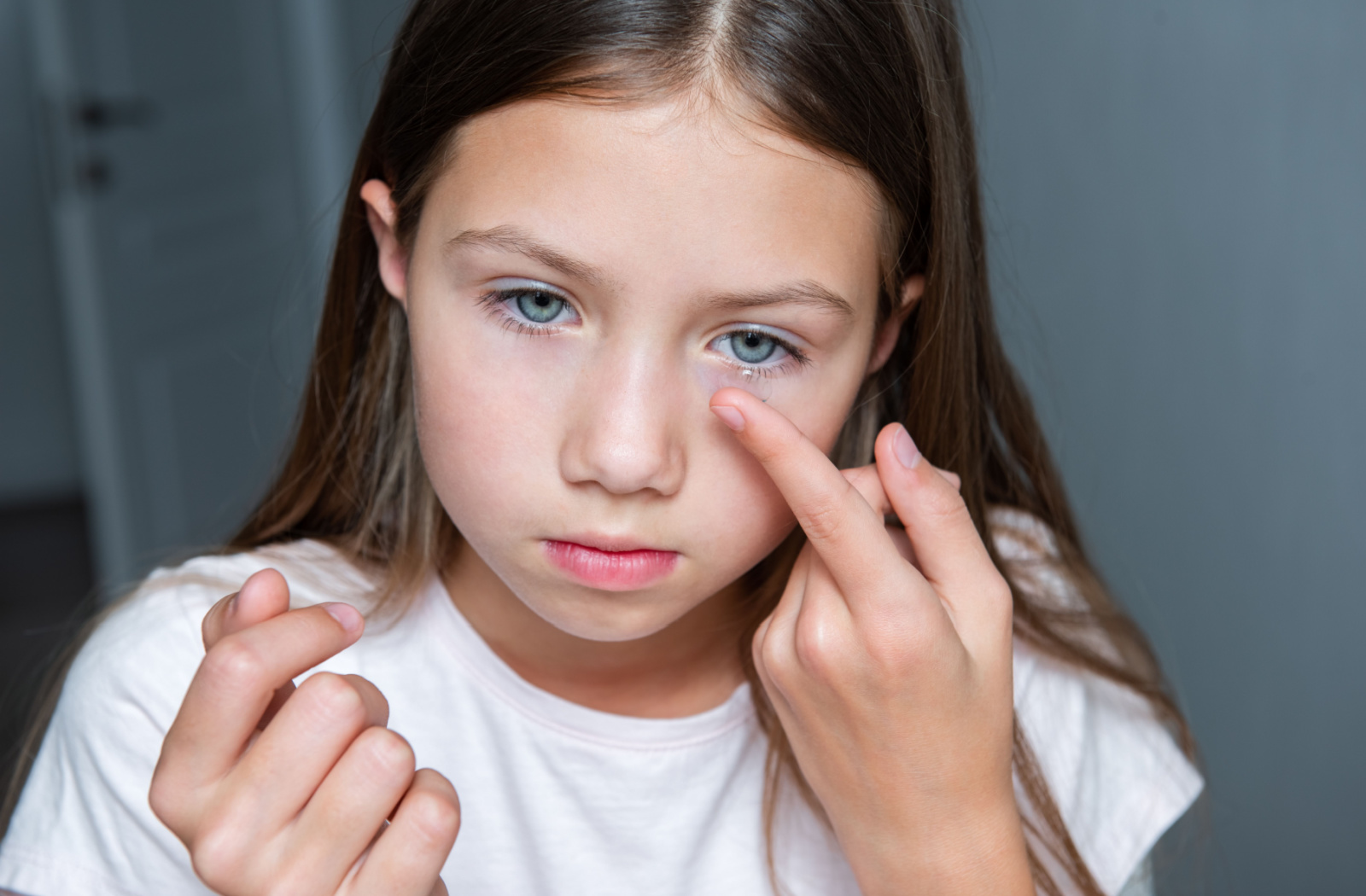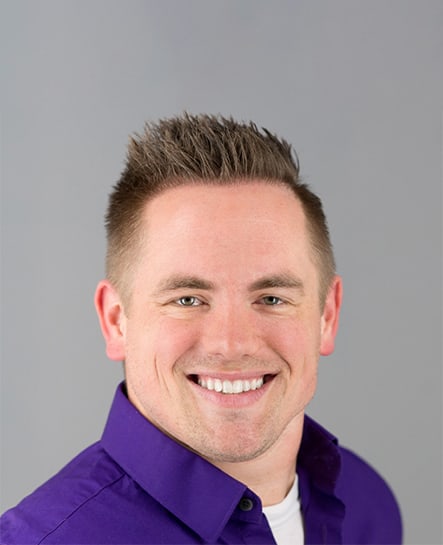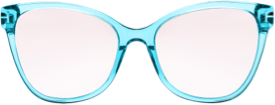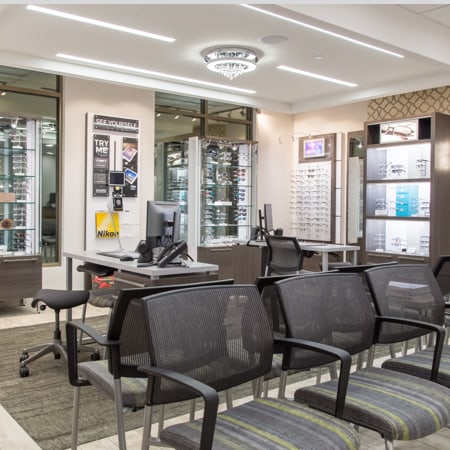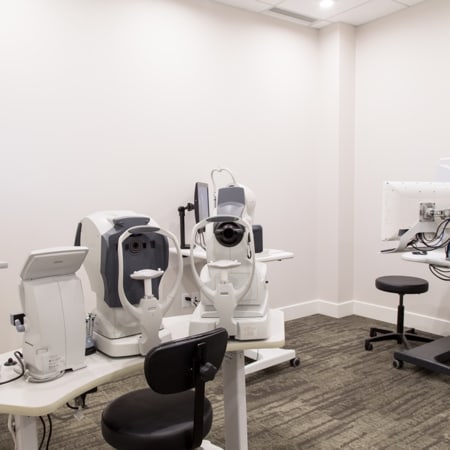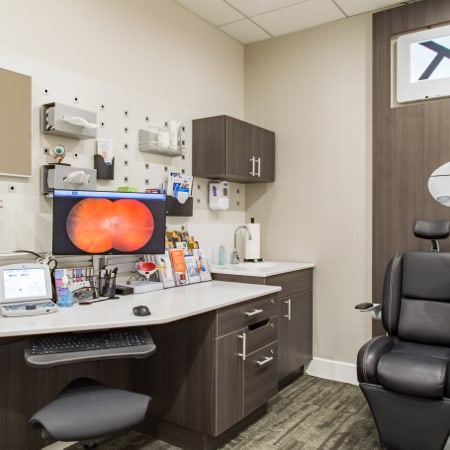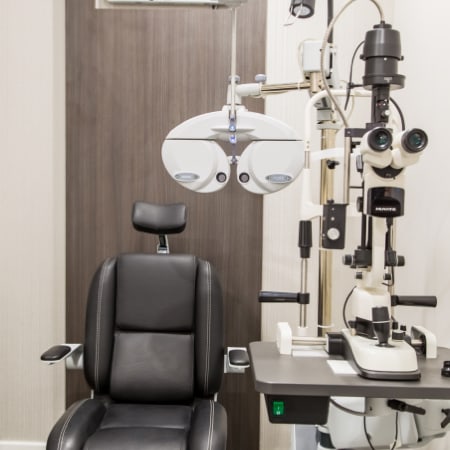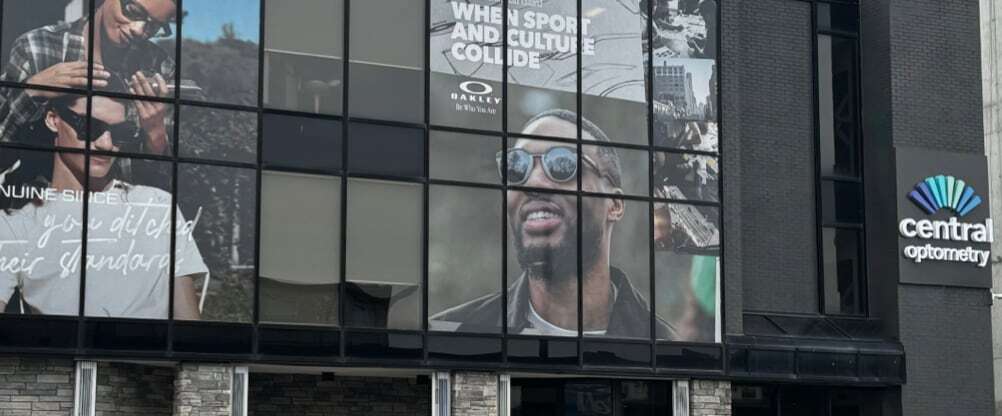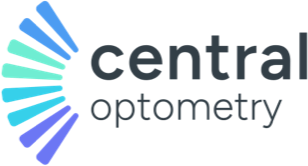If you’ve never heard of orthokeratology or ortho-k lenses, you’re in for a treat. Orthokeratology (ortho-k) is a non-surgical treatment that aims to correct refractive errors in vision, such as myopia. It involves using custom-fitted contact lenses your child wears while they sleep to reshape their cornea.
Not only can ortho-k lenses help you see clearly for the rest of the day without wearing glasses or contacts, but they can also be an essential part of your child’s myopia control plan. As a parent of a child with myopia, it’s easy to feel overwhelmed when it comes to understanding treatment options, so why not learn more about ortho-k?
How do Ortho-K Lenses Correct Myopia?
Ortho-k lenses are gas-permeable contact lenses that can gently reshape the cornea without surgery. The cornea is the clear dome at the front of your eye that allows light to pass through to the retina, a layer of photoreactive cells at the back. Its job is to focus light through the lens so it lands correctly on the retina, which then sends that information to your brain.
For people with myopia, their cornea is too curved or their eyeball is too long, so the light entering their eye doesn’t focus correctly. Instead of landing on the retina, it focuses in front of it, making distant objects look blurry. Your optometrist can diagnose and measure myopia with a comprehensive eye exam, yet another reason to visit regularly!
Myopia typically first appears during early childhood due to both genetic and environmental factors. For example, if you have myopia, your child is more likely to develop it. However, a lot of near work, such as reading or excessive tablet use, appears to be linked to higher myopia rates. Currently, researchers estimate 30% of the population has myopia.
Ortho-k lenses seek to correct this by using gentle pressure to flatten the center of your cornea. The lenses are worn overnight so that you can enjoy clear vision during the day. Over the day, your cornea gradually returns to its original shape, so the lenses must be worn every night to maintain their benefits.
Can Myopia Worsen?
Myopia is progressive, which means it can worsen over time. Myopia generally first appears in children whose eyes are still growing. As their eyes grow, they can continue to stretch longer until their growth stabilizes, usually in early adulthood. These changes are about more than blurry vision, unfortunately. If left untreated, myopia can eventually become high myopia, which can increase your child’s risk of developing serious eye diseases and conditions, such as:
- Cataracts
- Glaucoma
- Macular degeneration
- Retinal detachment
Fortunately, there’s a lot we can do to help control myopia’s progression and protect your child’s sight!
Ortho-K & Myopia Control
While ortho-k lenses have existed in some form for decades, they’ve only recently gained popularity due to their effectiveness in myopia control.
Myopia control is a collection of techniques and treatments designed to slow myopia’s progression in children. Compared to glasses or regular contact lenses, which only compensate for the existing visual problem, ortho-k lenses can control the shape of the cornea, ultimately reducing the eye’s growth.
Research shows that ortho-k can slow myopia progression by up to 56%. This means that children who undergo ortho-k treatment may be less likely to develop high myopia, significantly reducing the risk of vision loss, retinal detachment, and other eye problems.
Are Ortho-K Lenses Safe?
Generally, ortho-k lenses are safe to use. Of course, they’re still contact lenses, and the safety of any contact lens wear depends on following proper lens care and wear instructions.
While corneal reshaping with ortho-k can sound painful, it’s generally not. The eye tends to adjust to the sensation rather quickly. While it may feel different from soft contact lenses at first, the lenses are custom-made from your child’s eye measurements, allowing them to fit snugly and comfortably.
Ortho-k is also not permanent. If you stop wearing the lenses, the eye should return to its previous shape. While this requires discipline to wear the lenses every night, it also means you can discontinue using them if there are any problems without any permanent damage. For adults considering laser eye surgery, this can be a good way to “experiment” with not wearing glasses.
Who is a Good Candidate for Ortho-K?
First and foremost, children who have rapidly progressing myopia are the most practical candidates for ortho-k. Younger children typically have better outcomes, with children aged 6–8 receiving the greatest benefit, though there’s strong evidence supporting children aged 6–14 using ortho-k.
Of course, that all depends on when the myopia diagnosis happens. Keep up with regular eye exams so we can look for early signs of myopia and recommend treatments as soon as possible.
You’ll also need to consider whether your child is comfortable handling contact lenses. Ortho-k lenses must be carefully fitted and adjusted to precisely fit your child’s eye shape. Motivation is important since ortho-k requires a certain amount of consistency and dedication to wear the lenses every night.
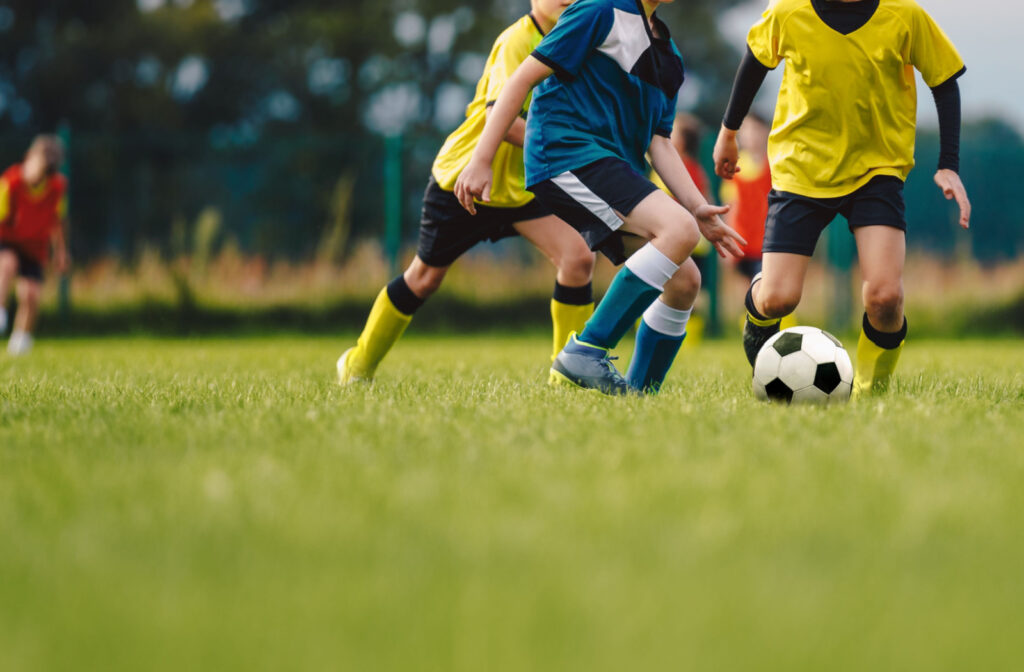
They can also be great for active kids so they don’t have to worry about losing their glasses while playing sports.
While ortho-k lenses can’t reverse myopia in adults, they can be an effective method of vision correction for people with mild to moderate myopia or low levels of astigmatism.
Let’s Talk About Ortho-K
Myopia is becoming increasingly common; by 2050 it is estimated that nearly 60% of people in North America will be myopic. Parents should be proactive about slowing its progression. The steps we take now can have long-lasting effects on your children’s future.
That’s why at Central Optometry, we’re committed to providing personalized myopia control strategies tailored to your child’s specific symptoms and lifestyle. There’s no single best approach, so we can use a combination of methods customized to meet your child’s needs.Book an appointment with us today, and let’s help your child see clearly today, tomorrow, and far into the future!

